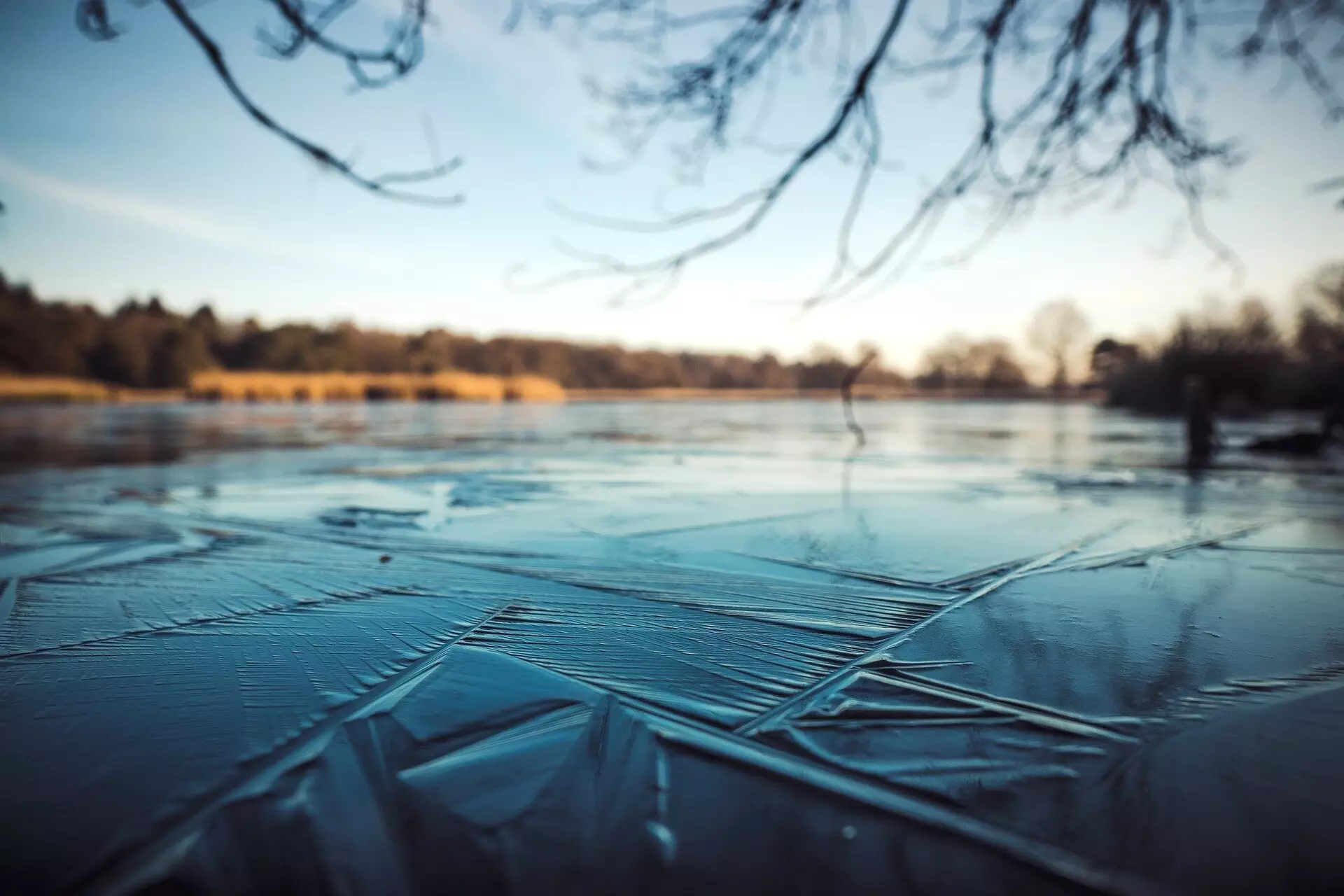As our planet undergoes unprecedented transformations driven by climate change, freshwater lakes are witnessing significant alterations in their environmental patterns. A recent comprehensive study led by researchers at Carnegie Science, including freshwater ecologist Stephanie Hampton, highlights the alarming trend of shorter ice cover durations on lakes across the globe. Published in the esteemed journal Science, this research outlines critical implications for ecological health, water quality, and the lives of communities reliant on these vital water sources. The study unequivocally calls for immediate action and deeper investigation into wintertime ecology to comprehend the complexities induced by changing climatic conditions.
Over the last 25 years, it has become increasingly evident that lakes, once consistently covered with ice during winter, are shedding their frost much earlier in the year. The findings reveal a staggering reduction in the average period of ice cover, shrinking by approximately 31 days over the past 165 years. This change is not just a matter of statistics; it signifies deeper ecological disruptions with potential consequences for both human safety and environmental stability.
The ramifications of diminishing ice duration extend far beyond mere aesthetics or seasonal changes. Hampton and her team argue that this trend poses substantial risks to lake ecosystems, specifically affecting biogeochemical cycles and microbial activities crucial for maintaining water quality. The warming waters can provoke toxic cyanobacterial blooms, putting both aquatic life and human populations at grave risk. These harmful phenomena are intensified by low-oxygen conditions that can release toxic metals trapped within lakebed sediments, exacerbating water quality issues.
Furthermore, shorter ice durations threaten the delicate biodiversity that defines many lake ecosystems. Warmer temperatures facilitate the proliferation of invasive species adapted to such conditions, displacing native cold-water species and altering food webs. This scenario prompts an urgent need for further research to understand the broad-reaching implications of these ecological shifts on biodiversity and ecosystem stability.
The implications of shorter ice seasons reach far beyond environmental science; they fundamentally affect human communities whose lives and livelihoods intertwine with freshwater lakes. For millions who depend on these water bodies for drinking supplies, recreation, and cultural practices, the loss of reliable ice cover can lead to significant disruptions. In certain regions, ice roads, a crucial transport route in winter, become unreliable or disappear altogether, complicating access to essential resources and services.
With an estimated one billion people residing near lakes that traditionally freeze, the transformation of these ecosystems symbolizes a potential crisis—not just environmentally, but culturally and socially. Shorter ice durations can lead to alterations in fishing seasons and recreational activities, impacting local economies and lifestyles that have been built around the seasonal cycles of these lakes.
The Interconnectedness of Climate Systems
The research team’s insights into the relationship between lake ice and the global carbon cycle illustrate the intricate interconnectedness of climate systems. Ice-covered lakes have a net effect of sequestering atmospheric carbon, thus playing an essential role in regulating greenhouse gas levels. Conversely, warming waters devoid of ice cover can lead to increased emissions of methane and nitrous oxide, amplifying climate change effects.
Moreover, diminished ice cover results in heightened evaporation rates, potentially reducing freshwater availability for surrounding communities over time. It may also expose these areas to more severe weather events, such as intense snowfall, while further increasing risks of erosion. Understanding how lakes contribute to global hydrological cycles amidst these changes is crucial for developing sustainable strategies.
A Call for Winter Research and Future Perspectives
Despite the apparent urgency of these issues, wintertime research on lakes has historically been neglected due to practical challenges and safety concerns. Hampton’s team is pioneering efforts to innovate research methodologies that make studying these icy environments feasible. They recently conducted a “winter school” in Wisconsin, focusing on training the next generation of ecologists in safe sampling techniques for iced-over lakes.
The message from Hampton and her colleagues is crystal clear: a deeper understanding of the role that lake ice plays, not only in ecosystems but also in the very fabric of human life, is vital as we confront a warming world. By investing in this emergent field of study, researchers can pave the way for comprehensive strategies to mitigate challenges posed by heightened climatic variability.
The evolving landscape of our freshwater systems requires immediate attention and collaborative efforts from the scientific community and policymakers alike. Understanding these dynamics is not merely an academic pursuit; it is foundational for the sustainability and health of our planet and the countless communities intertwined with these precious water bodies.

